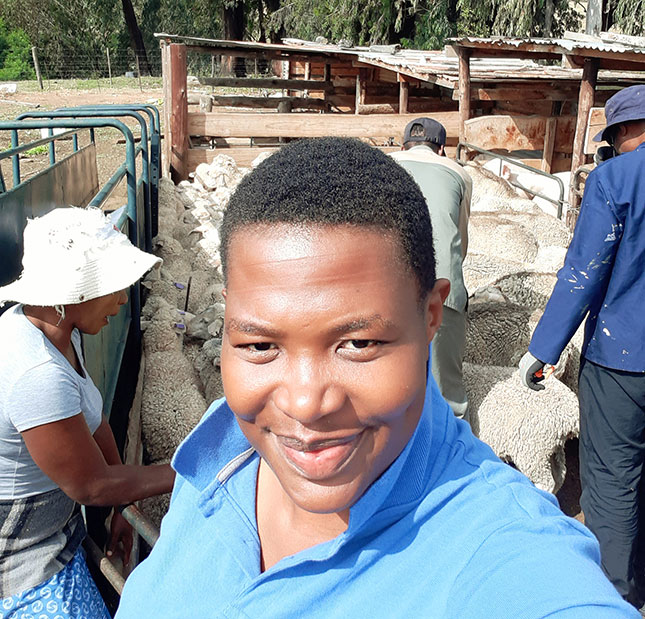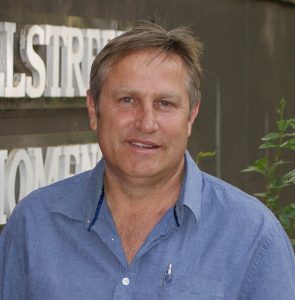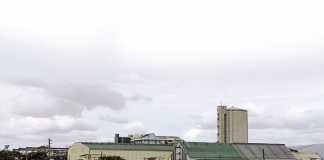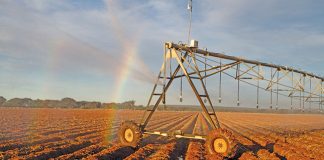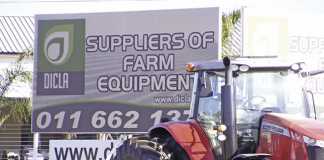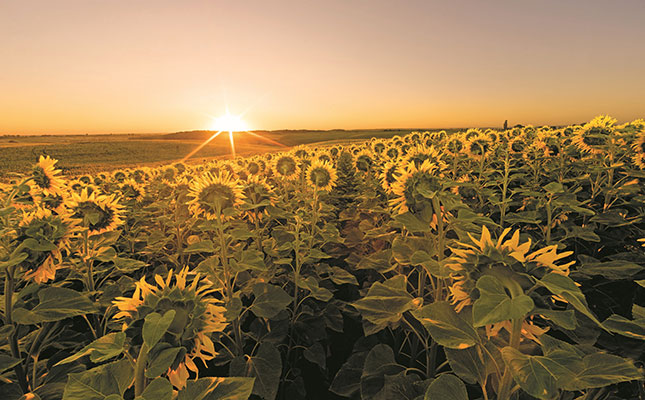
Photo: FW Archive
In March this year, Syngenta launched its 8th annual business leadership programme in partnership with the North-West University Business School and Grain SA.
The programme, which was initially limited to participants in the grains industry, has been re-branded as the Leadership Academy. For the past seven years, the programme has successfully hosted about 150 young commercial farmers.
READ A letter to young farmers in South Africa
The 2020 programme comprises of candidates from the sugar, feedlot, forestry, livestock, agrochemical and seed, equipment, horticulture and agronomy industries, amongst others. Candidates must be involved in the agri value chain, or must be involved in primary or organised agriculture.
They must be between the ages of 25 and 40. A maximum of 28 students per group is accepted and the intake is dependent on the quality of submissions. The aim is to run four programmes throughout the year. Candidates are taken through a five-day training programme.
Vusumzi Mnisi is based in Welkom in the Free State. He owns a mixed farming operation that consists of broiler chickens, a piggery and land planted to maize and sunflower. He is the director of the Lukhanyiso Farmer Producers’ Association, a co-op that produces sorghum for biofuel production.
Xhamakazi Sali runs the farm Heyst, in Guba Village in the Eastern Cape. It’s a mixed operation that consists of pigs, sheep, cattle and maize.
Ters Pretorius is the founder and managing director of Telwiedre Voere, an animal feed producing company in Heilbron in the Free State. In 1996, he took on the responsibility for the grain concern of the operation and the mixing of feed for the piggery.
Why do you think skills development is important in the agriculture sector?
VM: With the ever-changing work environment, it’s important to have a variety of skills. We need to have creative ways of thinking about the skills we will need in future to ensure sustainability in the farming sector. For example, our company is moving towards green energy in our farming operation.
XS: Skills development is very important in agriculture because when people are up-skilled they are able to become experts in their fields.
TP: One of the most important facets a business can invest in is skills development. This is not only to allow the agricultural business to function more effectively and profitably, but to empower your staff and people, above all. Not all of us are born leaders, but with the necessary guidance, leadership skills can be acquired.
What lessons did you learn from the programme?
VM: I attended the 2018 Business Management Leadership course. The programme produces future entrepreneurs. It opened my eyes to doing things differently. I learnt about being a leader and would encourage young leaders in agriculture to attend the programme.
XS: In 2017, I joined the Grain SA Farmer Development Programme, under the Umtata office, servicing the Chris Hani District. In 2018, I was part of the Syngenta Grain Academy class, where I gained further insight on the technical aspects of agribusiness.
TP: During 2013, I was one of the first groups of people to join the Grain Leadership Academy. What stood out for me was the fact that I got to know myself better. You cannot lead people if you don’t know your own potential and abilities. I learnt that you need to understand and build on your strong points. Likewise, you have to focus and improve on your weak points. As a leader, I have learnt to take time to reflect, not only in my personal life, but also on a professional level.
How has attending the programme changed your career? What lessons have you applied or continue to apply in your everyday life?
VM: As a farmer I used to think like a boss. I came up with all the ideas and made the decisions I thought were right for the business. The programme has taught me, however, that it is important to allow others, such as your employees, to share their ideas for improving the business. You need to understand that people have their own ideas and you must have an open-mind policy when it comes to sharing ideas.
XS: I’ve learnt to produce with a plan. As a producer, you need to ensure that you have a market before planting. If you plant without a plan, you may end up making a loss because you sell under pressure and accept any price offered to you.
TP: It has taught me to think differently about life. All is not always black and white. People have, and have had, a huge influence on my life on a personal level, as well as in my career. That made me realise that as a leader in my specific field, I could have a great influence on people. Through your actions and what you say, you will make a lasting impression on their lives. At the academy I learnt that leadership is bigger than individuals. We would be able to create a better South Africa for each other if more people could be empowered with the art of leadership, especially active leadership.
Visit grainacademy.co.za.

